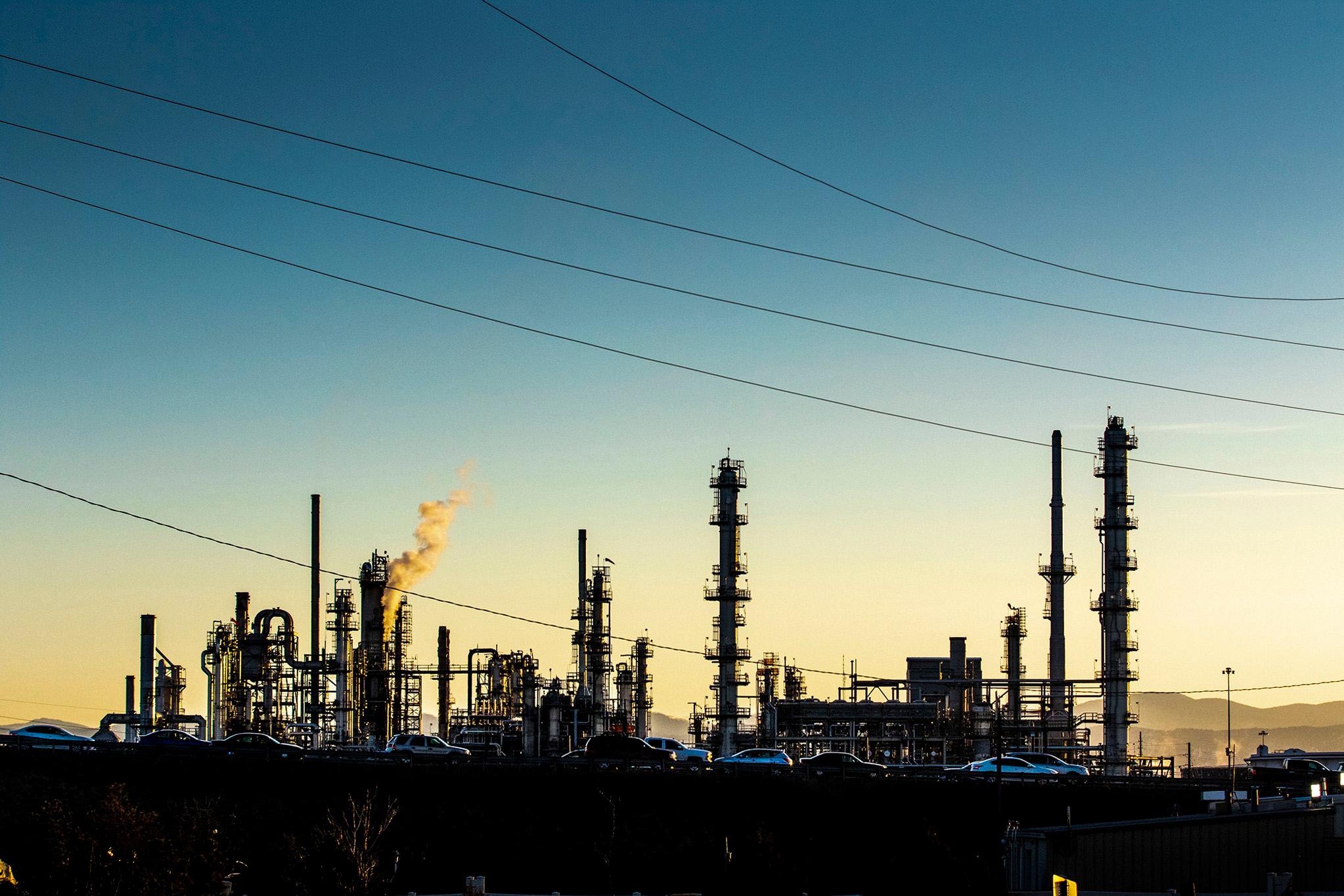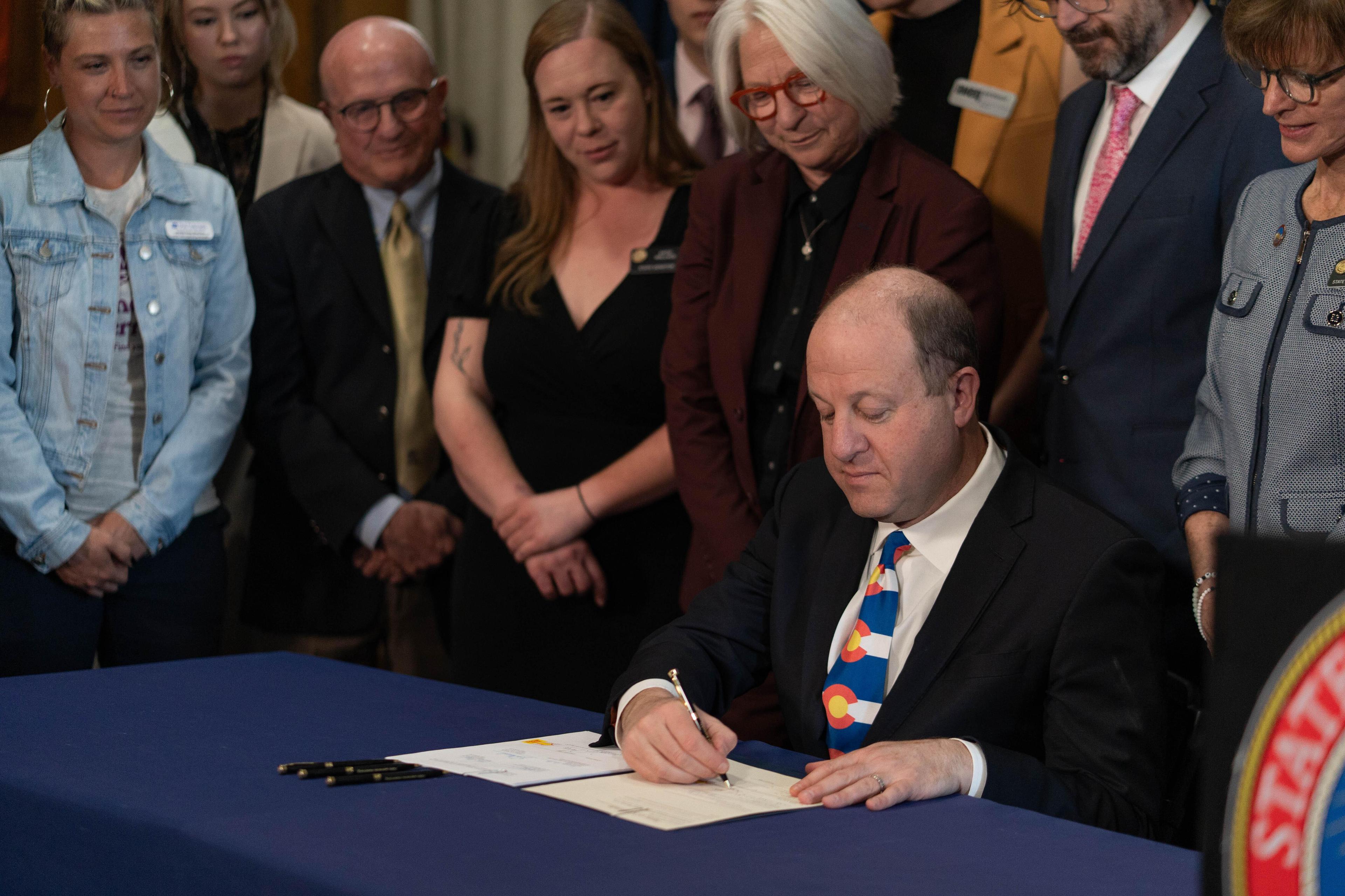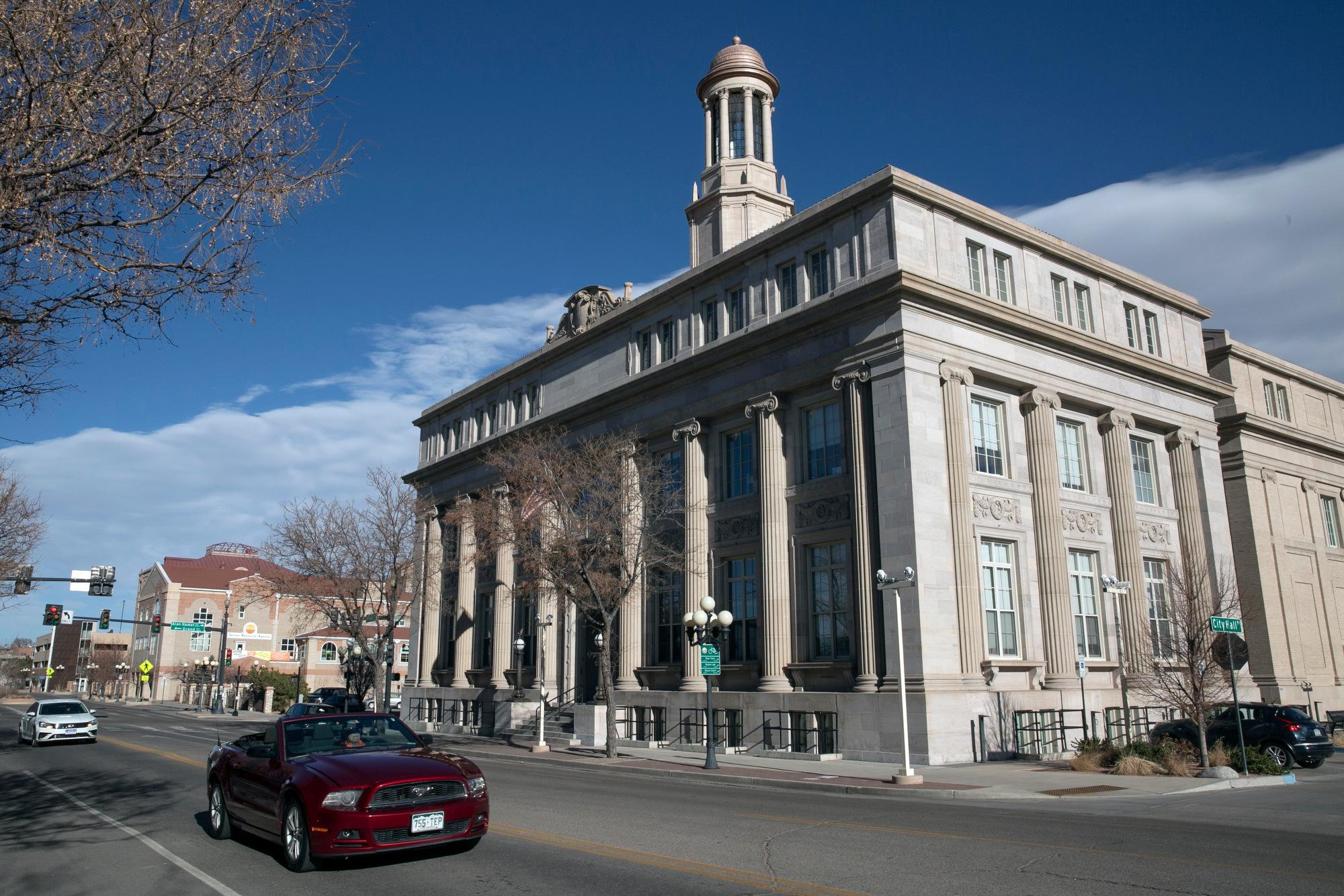
Colorado's only oil and gas refinery is offline and might not resume full operations until March, raising concerns about gas prices and local air quality after a series of recent incidents.
In a press release issued yesterday, Suncor Energy announced it closed its Commerce City refinery last Saturday — Christmas Eve — due to "extreme and record-setting weather." The statement did not mention a pair of recent fires, one of which injured two workers on Christmas Eve.
It did acknowledge extensive damage at the facility.
"The inspection and repair of the damaged equipment [are] ongoing. Based on our current assessment, we anticipate a progressive restart of the facility with a return to full operations expected to be completed by late Q1 2023," the company wrote.
A Suncor spokesperson declined to offer any further comment.
The shutdown will disrupt local gas and diesel resources. Grier Bailey, the executive director of the Colorado Wyoming Petroleum Marketers Association, said Suncor supplies between 35 to 40 percent of all gasoline sold in Colorado. A company website notes the facility is also a primary source of asphalt and produces about a third of the jet fuel for Denver International Airport.
“I think you’ll see drastic wholesale price increases in the next few weeks. And then depending on how other suppliers in the market can compensate, you’re going to see abnormally high gasoline and diesel prices,” Bailey said.
Bailey added many gas stations could close pumps to conserve supplies for fire departments, hospitals and other essential services.
“There’s going to likely be stations that have bags on pumps,” he said.
The problems at the Suncor facility appeared to begin during the recent extreme cold snap along the Front Range. In an emergency alert released December 20, the company said it had started to shut down part of the facility in response to the frigid weather. A few days later, the company said the shutdown process led to a fire that injured two employees on December 24. The employees were transported to a nearby hospital with burns.
The company then responded to a second fire on Tuesday afternoon, which it said did not result in any further injuries.
Those incidents led to air pollution releases into neighborhoods around the facility. After the initial shutdown, Leah Schleifer, a spokesperson with the Colorado Department of Public Health and the Environment, said Suncor has reported a series of excess emission events, including releases of hydrogen sulfide, sulfur dioxide, visible smoke and an “opacity exceedance,” which is how the state refers to the release of dust or other visible particles.
Schleifer said the company issued its latest report to the state Thursday morning. It noted the company is continuing to work to shut down the refinery and is now only reporting excess sulfur dioxide emissions. Suncor will be required to investigate the cause of the incident and will likely report its findings in March 2023. Until that process is complete, Schleifer said “it is premature to determine violations.”
"We do not believe there are any ongoing threats to public health at this time. We will continue to evaluate any potential risk based on additional information we obtain during our investigation," Schleifer said.
Suncor and Culitvando, a community health and environment nonprofit, maintain local air monitors near the facility. Suncor has said its network has not picked up any signs of unsafe air pollution levels.
Detlev Helmig, an atmospheric chemist and an owner of Boulder A.I.R., built and operates the community air monitors for Cultivando. He agreed that a quick review of the data doesn't show any concerning pollution levels around the time of the recent incidents.
"That doesn't mean there was no pollution or no risk to people. It just doesn't seem that potential emissions from these events were transported to these monitors. They could have been blown in other directions," Helmig said.








